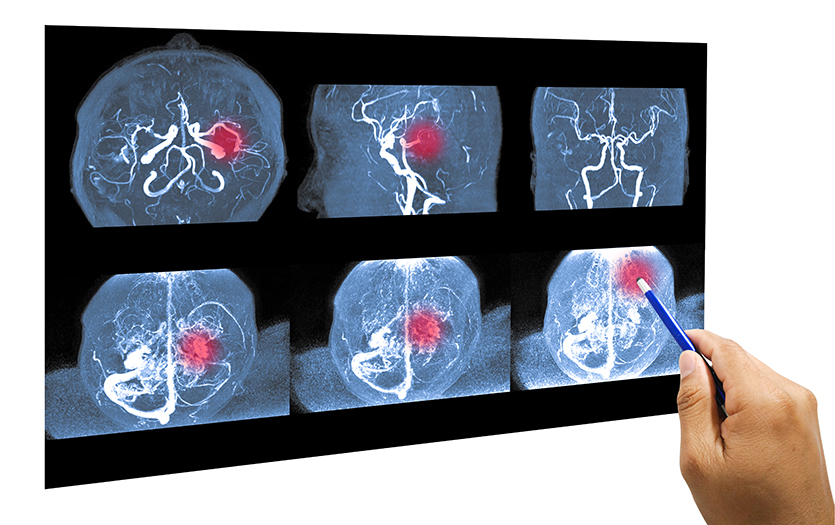
It is estimated that 25 million Americans have a thyroid problem and around 12 percent of the general population will develop a thyroid disorder in their lifetime. These numbers continue to increase each year. Kareem Kaddassi, 2019 PharmD candidate, Manchester University College of Pharmacy, and Jamie Gaul, PharmD, BCPS, Parkview Health, tell us more about the most common conditions and treatment methods.
What is the thyroid gland?
The thyroid gland is a small, butterfly-shaped gland located at the base of your throat. It acts like your body’s “thermostat,” regulating the energy in your body. It helps to control many body functions from your mood to your metabolism. It’s responsible for producing triiodothyronine (T3) and thyroxine (T4). Thyroid stimulating hormone (TSH), is considered the communicator, telling the body to produce more thyroid hormone when needed.
What are the different thyroid disorders?
The most common types of thyroid disorders:
- Hypothyroidism. Autoimmune form: Hashimoto’s Thyroiditis
- Hyperthyroidism. Autoimmune form: Graves’ disease
What is hypothyroidism and what are the symptoms?
Hypothyroidism occurs when the thyroid gland does not produce enough thyroid hormones. Many patients with hypothyroidism have subtle symptoms that are often not noticeable or even misdiagnosed.
Common symptoms include:
- Fatigue or excessive tiredness
- Intolerance of cold, or feeling significantly colder than everyone else in the room
- Dry skin
- Hair loss on the head and eyebrows
- Weight gain and inability to lose weight
What is the treatment for hypothyroidism?
- People with hypothyroidism require lifelong treatment. The most common medication for the treatment of hypothyroidism is levothyroxine (Synthroid®, Levoxyl®, Levothroid®, Unithroid®). These are available generically, so the cost should not be an issue. Levothyroxine is taken once a day and should be taken 60 minutes before the first meal in the morning or at night 3 hours after the last meal. It is important to be consistent on when you take this medication.
- Levothyroxine must be separated from other medications due to interactions. Calcium and iron supplements should not be taken within 4 hours of taking levothyroxine as they may cause a decrease in thyroid hormone absorption. Multivitamins contain calcium and often contain iron.
- Other medications that may decrease absorption of thyroid hormone include: cholestyramine, sucralfate, aluminum hydroxide, fiber supplements, histamine blockers and proton pump inhibitors, multivitamins (containing calcium).
- Levothyroxine is generally a well-tolerated medication. Common side effects are those similar to hyperthyroidism. If you are experiencing any of these side effects, tell your doctor because you may need a dose adjustment.
What is hyperthyroidism and what are the symptoms?
Hyperthyroidism occurs when the thyroid gland is producing too many hormones, making your cells overstimulated. This can put your body into a more rushed state. Just like hypothyroidism, hyperthyroidism has subtle symptoms that are often not noticeable or even misdiagnosed.
Common symptoms include:
- Increased heart rate
- Excessive sweating
- Weight loss
- Diarrhea
- Insomnia
- Anxiety
What is the treatment for hyperthyroidism?
The most common medications used for hyperthyroidism are thioamides which decrease the production of hormone made. Medications include propylthiouracil (PTU) and methimazole (Tapazole®). This medication is usually given for a couple of years and then is stopped to see if the body can correct itself.
Side effects include:
- Upset stomach. It is recommended to take these medications with meals.
- Rash
- Hypothyroidism. If experiencing these symptoms, dose adjustment may be required.
- Hives, shortness of breath. This is usually associated with an allergic reaction and you should seek medical care.
- Liver tests might be monitored.
If your thyroid levels are not being maintained with medication, your doctor might start you on radioactive iodine to slow down your thyroid gland or perform a surgical procedure to remove your thyroid gland.



